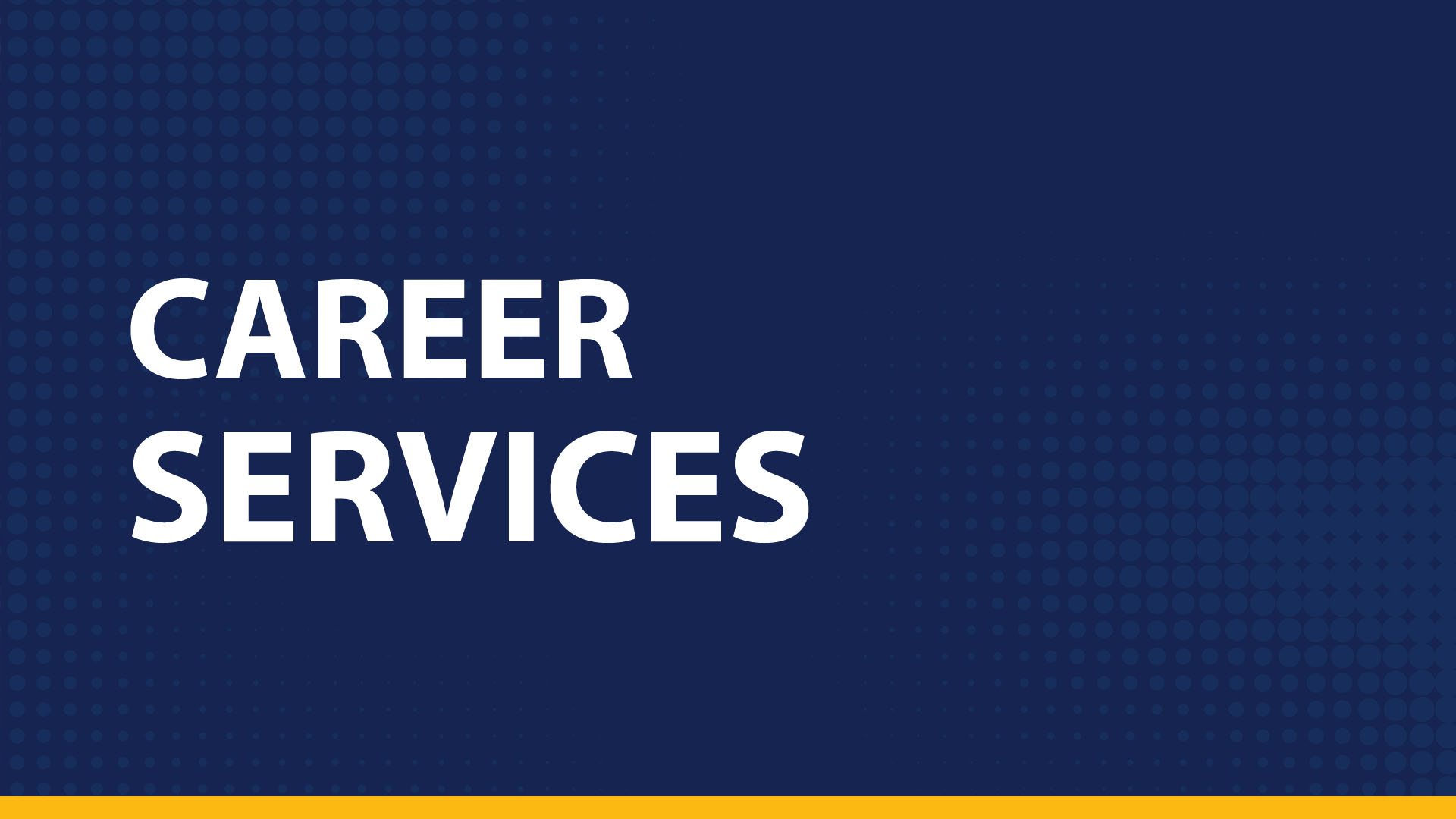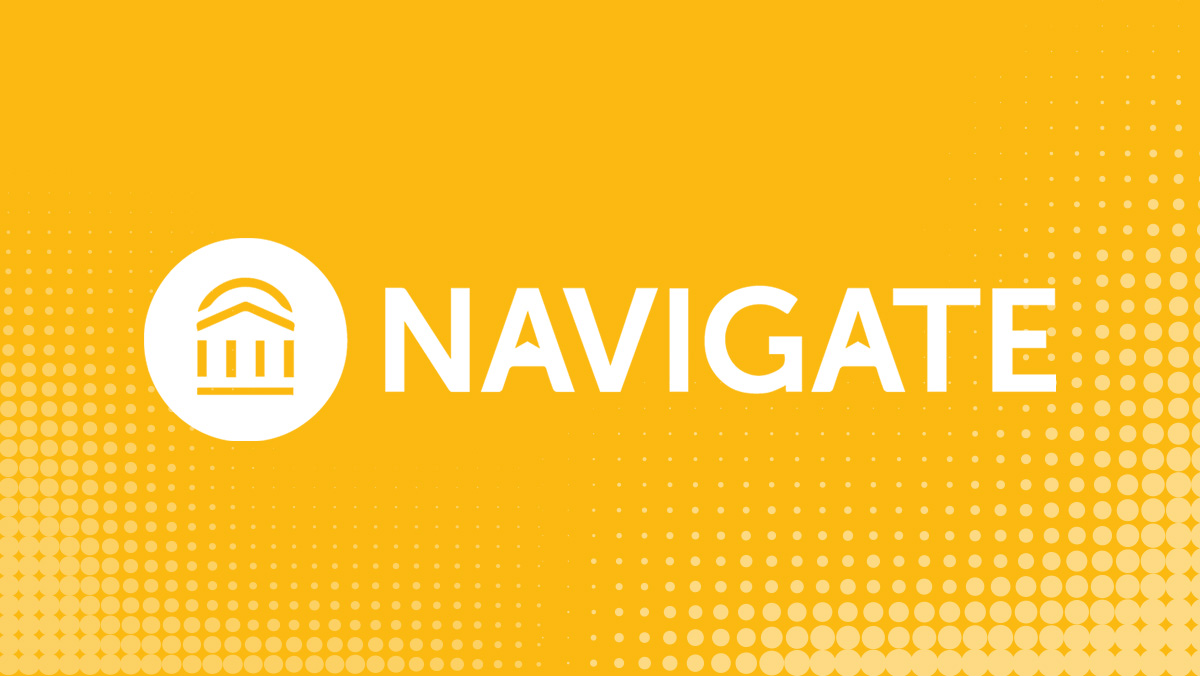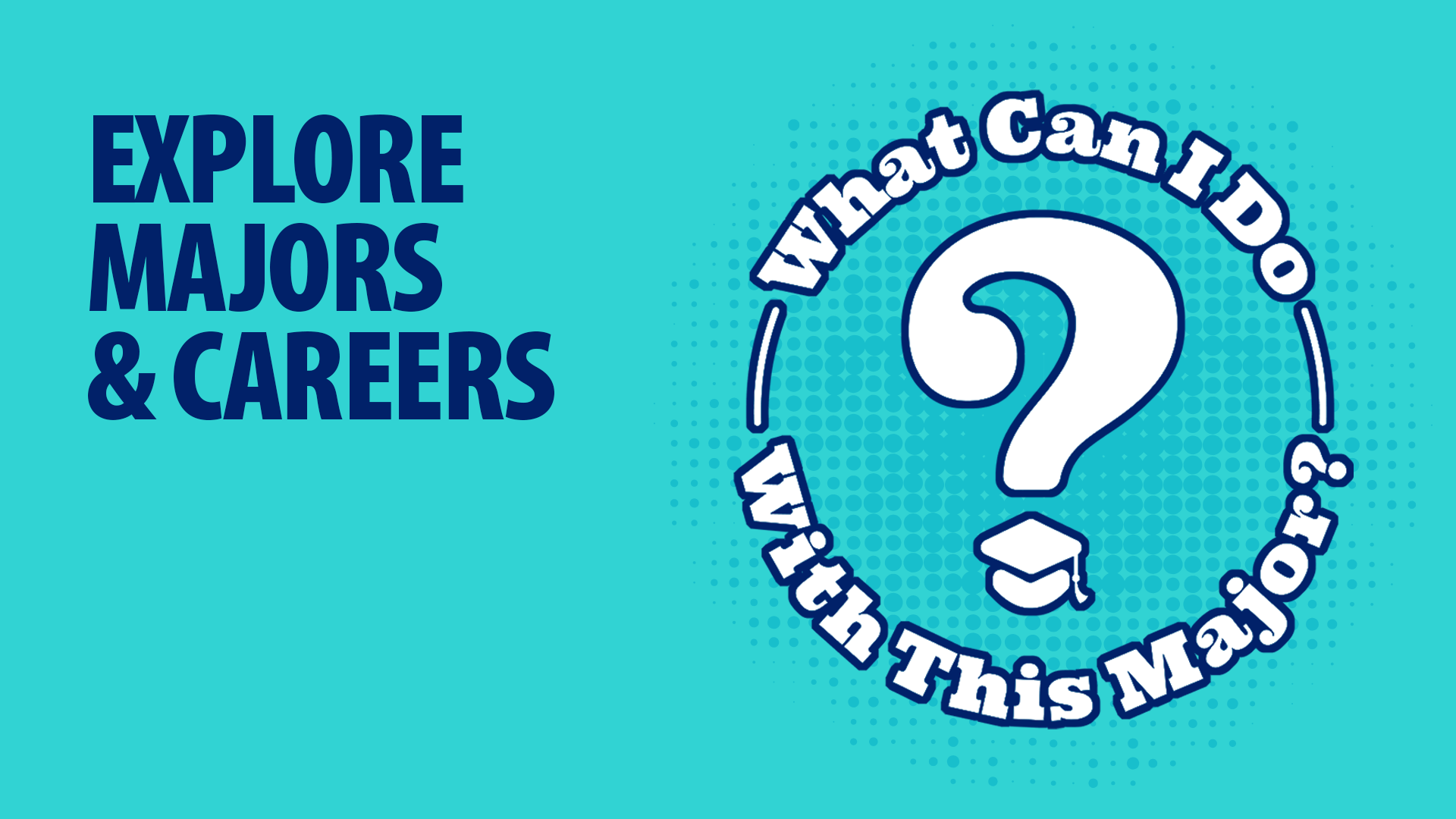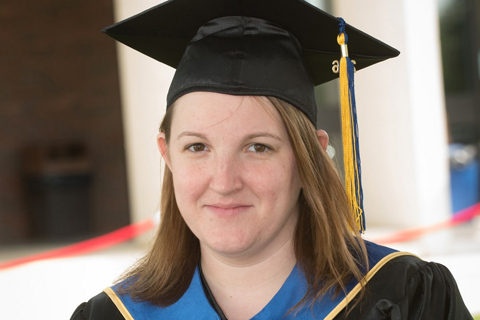Human Services Associate Degree
Prepare for an Exciting Career with an Associate Degree in Human Services from NECC
Are you passionate about improving the lives of others? If so, NECC’s Associate in Science in Human Services degree program will expose you to various academic disciplines, preparing you to assist in-need individuals with emotional and social problems, developmental disabilities, mental illnesses, substance abuse disorders, and other issues that impact their quality of life and well-being
NECC Degrees: Career Starters for Compassionate Human Services Professionals
Communities rely on human services professionals to enhance their residents’ quality of life and well-being. At NECC, our Human Services program offers a mix of classroom learning and practicum courses, which are supervised clinical experiences where students apply what they’ve learned. With this program, students gain foundational knowledge in areas such as sociology, counseling, human development, human behavior, and ethical standards.
NECC’s curriculum integrates National Community Support Skill Standards and is approved by the Council for Standards in Human Service Education. Our program will train you as a generalist, preparing you to work in a range of settings with people of all ages and backgrounds.
What you’ll get from our Human Services program
Learn How to Help Others in Various Settings
Immerse yourself in the human services world, as you learn about basic counseling concepts, general psychology, prevention and crisis intervention, human development, human behavior, social issues, and more. Explore a broad range of topics as you complete your general education requirements, giving you a well-rounded academic foundation to build upon as you seek immediate employment or further your education.
Gain real-world experience through practicums supervised by licensed professionals, preparing you to embark on your exciting career journey. At NECC, our Human Services Associate Degree will equip you with the skills and knowledge necessary to seek immediate employment, advance your career, or further your education at a four-year school, proving that following your career dreams can lead to something truly remarkable!
Gear Up for a Great Career in the Human Services Field
At NECC, we’re here to help you build a skill set that’s in demand. Whether you see yourself as the next great mental health counselor, social worker, human service assistant, or other human services professional, we’ve got you covered. While guiding you every step of the way, our experienced instructors will show you how to:
 Assist in-need individuals with emotional, social, or developmental issues
Assist in-need individuals with emotional, social, or developmental issues- Help people with mental illnesses or addiction problems
- Uphold professional, ethical, and legal values, standards, and practices
- Benefit from supervised clinical experiences (practicums) in professional settings
- Pursue various career paths in the human and social services field
- Work in a variety of public or private settings, including hospitals, clinics, residential facilities, or human services agencies
Do Cool Stuff, Not Just Homework
Forget about endless lectures. We’re talking about interactive classes and workshops where you practice what you’ve learned in real-life scenarios, as well as projects that connect you with human services professionals in the community.
Your Schedule, Your Rules
Juggling life, work, and study? No sweat. With a mix of online and on-campus options, NECC makes it easy for you to fit study into your life, not the other way around.
Quote:
I’m excited about my human services career … I like working with people and helping them any way I can.”
Barbara Conrad, Human Services
Where this journey can take you
 Human services careers are among the fastest growing occupations in the country. Upon graduation from NECC with an Associate Degree in Human Services, you can begin working in the field and decide whether you like it before investing additional time and money obtaining a bachelor’s degree.
Human services careers are among the fastest growing occupations in the country. Upon graduation from NECC with an Associate Degree in Human Services, you can begin working in the field and decide whether you like it before investing additional time and money obtaining a bachelor’s degree.
Like a blank notebook, you can use your Human Services Associate Degree as a foundation to build upon, empowering you to choose a wide variety of career paths.
Imagine yourself serving in one of these human services roles:
- Assisting individuals with mental illnesses as a Mental Health Counselor
- Helping clients live independently at home as a Home Health Aide
- Supporting those battling addiction as a Substance Abuse Counselor
- Helping individuals reintegrate into society as a Probation Officer
- Enhancing the client experience as a Human Service Assistant
- Advocating on behalf of others in the community as a Social Worker
- Engaging children in recreational activities as a Youth Program Coordinator
Why choose NECC for your Human Services degree?
We Get It
At NECC, inspiring our students to succeed is our top priority. Modern, relevant, and engaging, our Human Services Associate Degree courses are designed with you in mind.
NECC’s dedicated faculty and staff help students develop the skills they need to advance in the workforce or transfer to a four-year college or university. Our small class sizes ensure personalized attention and support, empowering students to thrive academically. We also offer a variety of student support services, including tutoring, counseling, and academic advising.
With over 60 credit programs, two convenient campuses, robust student support services, and a vibrant student life, NECC is committed to providing an affordable, accessible, and high-quality education for all.
Learn from the Pros
Our instructors aren’t just teachers. They’re experienced professionals who live and breathe human services.
Experience Beyond the Classroom
At NECC, it’s not just about earning a degree. It’s about building a network, finding your tribe, and acquiring the tools necessary to chase your dreams. Our Haverhill and Lawrence campuses are home to a diverse range of clubs and organizations and activities that help students connect with peers who share similar interests.
Whether you choose to gain leadership experience, stay healthy and fit, join a club, or participate in varsity sports, and student activities, we’ll guarantee you’ll have fond memories of your time at NECC.
We Got Your Back
From the day you start until the day you land your first big gig, our team is here to support, guide, and cheer you on. At NECC, our goal is to empower our students by equipping them with the skills and tools necessary to thrive, wherever they choose to work.
Career Services
Navigate
What Can I Do With This Major?
Got Prior Learning or Work Experience?
With NECC’s Credit for Prior Learning, you can move through the program at a faster pace, and graduate sooner! The best part is these credits are covered free-of-charge for eligible Massachusetts learners.
Support for Every Student
NECC offers a variety of student support services, including tutoring, counseling, and academic advising, to help students thrive academically. Want to transfer to NECC? Our advisors are happy to assist you.
Career Outlook for Human Services Professionals North of Boston
According to the U.S. Bureau of Labor Statistics (BLS), employment in social service occupations is projected to grow faster than the average for all occupations over the next nine years. For example, job openings for social workers are projected to increase 7% annually during that period.
At NECC, our Human Services Associate Degree program graduates have an exceptional rate of employment while working as probation officers, mental health counselors, social workers, home health aides, and more. Some have gone on to start their own successful businesses!
How Much Can I Expect to Make with a Human Services Degree?
The earning potential for human services professionals varies based on several factors, including education, license, certifications, experience, setting, and additional skills. For example, according to Salary.com, the average salary for a Substance Abuse Counselor in Massachusetts was $63,490 as of November 2024.
With an Associate Degree in Human Services from NECC, you’ll be qualified to start or advance your career in these roles:
Mental Health Counselor
Using various methods and techniques, assesses and treats mental and emotional health disorders, relationship issues and life challenges. The median annual wage in Massachusetts for this role was $83,257 as of November 2024. The wage range typically falls between $75,030 and $92,779.¹
Home Health Aide
Help clients live independently at home by assisting with activities of daily living and other responsibilities. The median annual wage in Massachusetts for this role was $39,832 as of November 2024. The wage range typically falls between $36,027 and $43,763.¹
Substance Abuse Counselor
Works with individuals, families, and groups to provide counseling, education, and support to those struggling with substance abuse challenges. The median annual wage in Massachusetts for this role was $63,490 as of November 2024. The wage range typically falls between $55,930 and $72,210.¹
Probation Officer
Helps formerly incarcerated individuals reintegrate into society, addresses underlying issues, and reduces the likelihood of reoffending. The median annual wage in Massachusetts for this role was $70,927 as of November 2024. The wage range typically falls between $63,186 and $78,903. ¹
Human Service Assistant
Assists other social and human service providers in delivering client services in a wide variety of fields, such as psychology, rehabilitation, or social work. The median annual wage in Boston, MA for this role was $58,945 as of November 2024. The wage range typically falls between $52,688 and $65,245.¹
Social Worker
Assists people by helping them cope with issues in their everyday lives, deal with their relationships, and solve personal and family problems. The median annual wage in Massachusetts for this role was $75,821 as of November 2024. The wage range typically falls between $67,944 and $84,552.¹
Youth Program Coordinator
Plans, develops, and implements programs for children that are educational or recreational in nature. The median annual wage in Massachusetts for this role was $76,070 as of November 2024. The wage range typically falls between $66,556 and $88,257.¹
How to Get Started Earning a Human Services Degree in the Merrimack Valley Region
Feeling pumped? We thought so! Learn more about how to apply for the Associate in Science (A.S.) Degree in Human Services program. Still unsure that it’s the right fit for you? Contact us to chat more about why this could be the best decision you’ll ever make!
FAQs
Sources and Citations: ¹Salary information provided on this page is sourced from Salary.com. The data reflects estimates based on employer surveys and job listings. Actual salaries may vary based on location, experience, and other factors.






